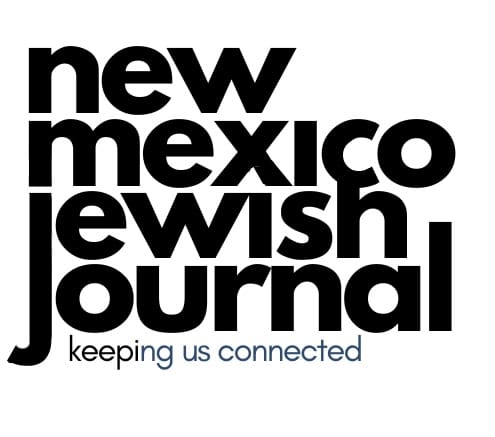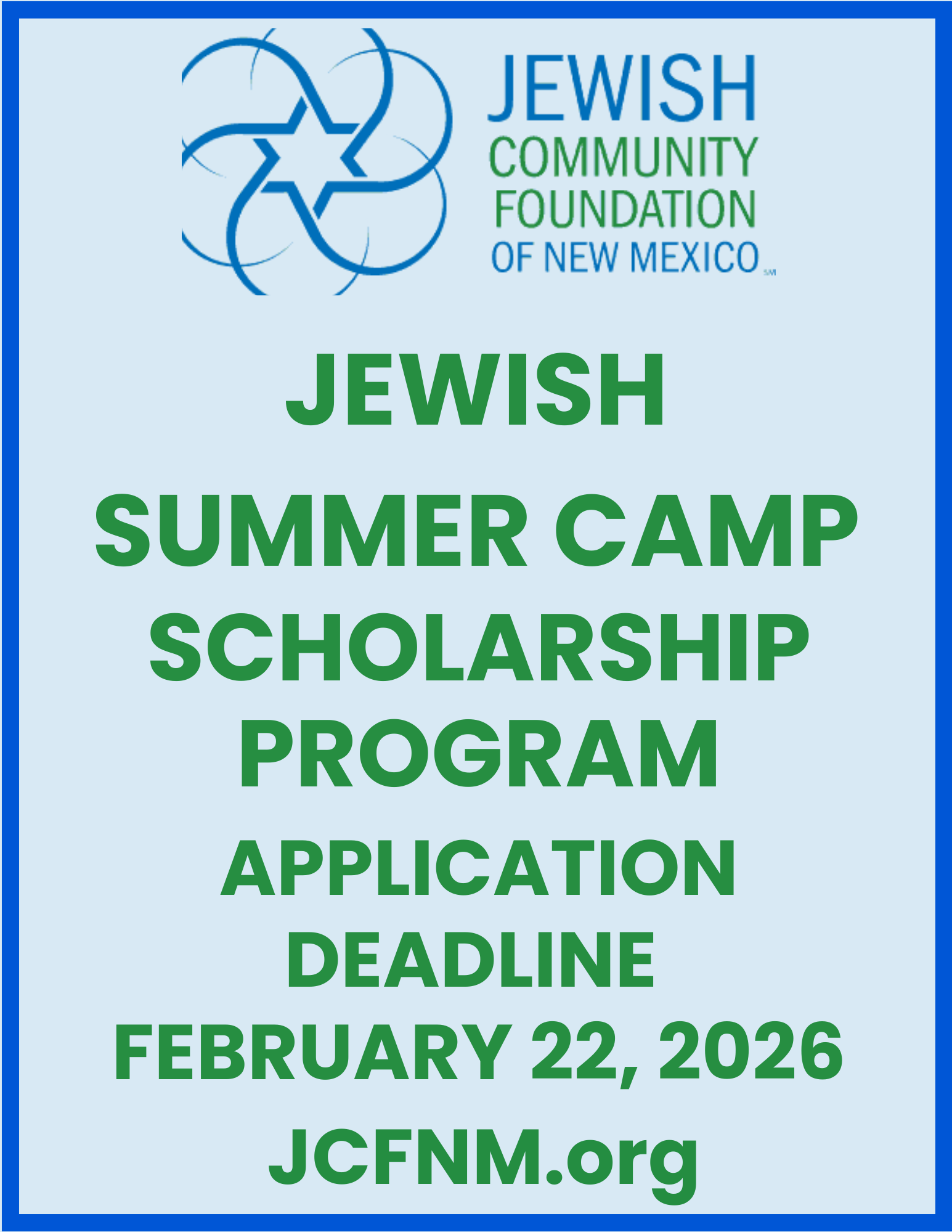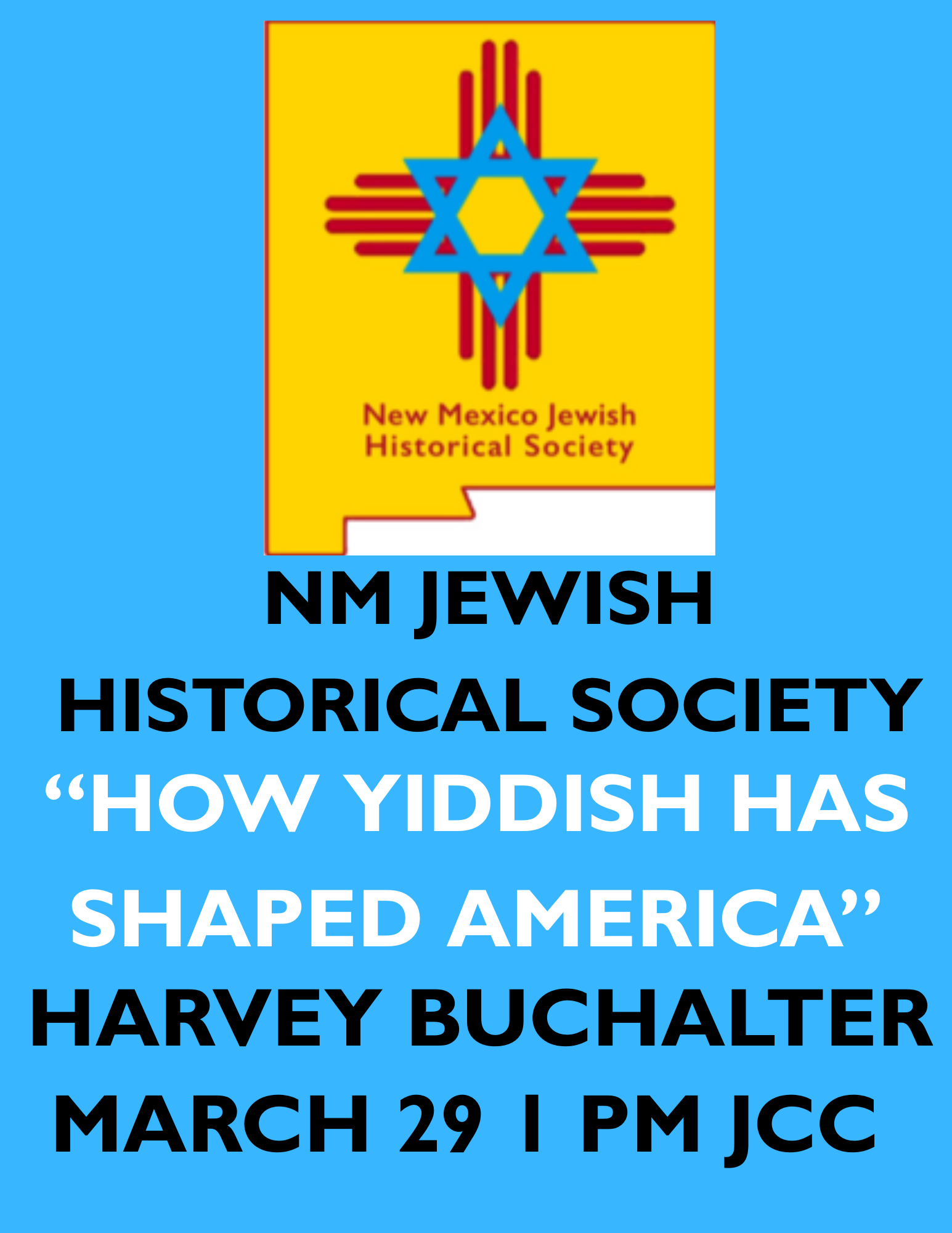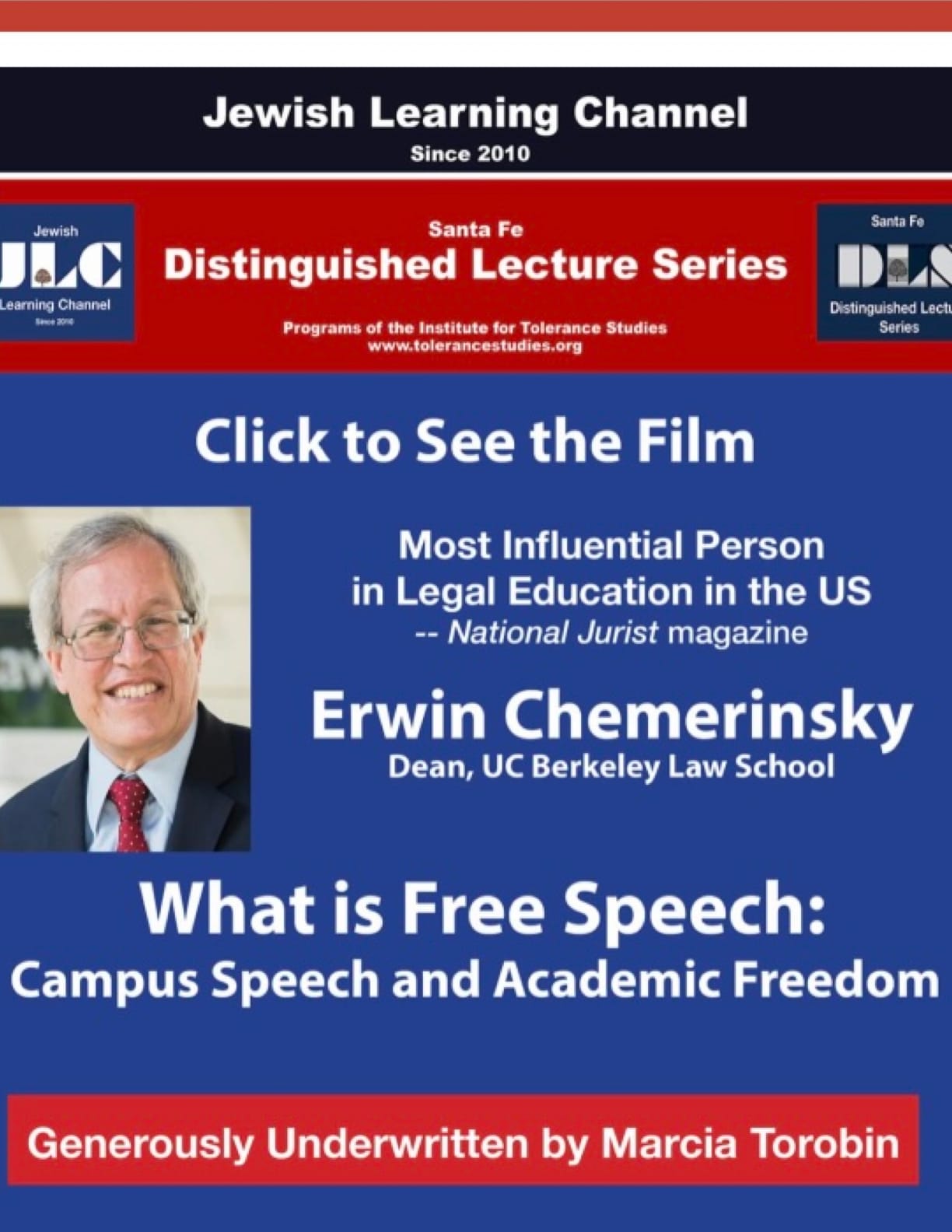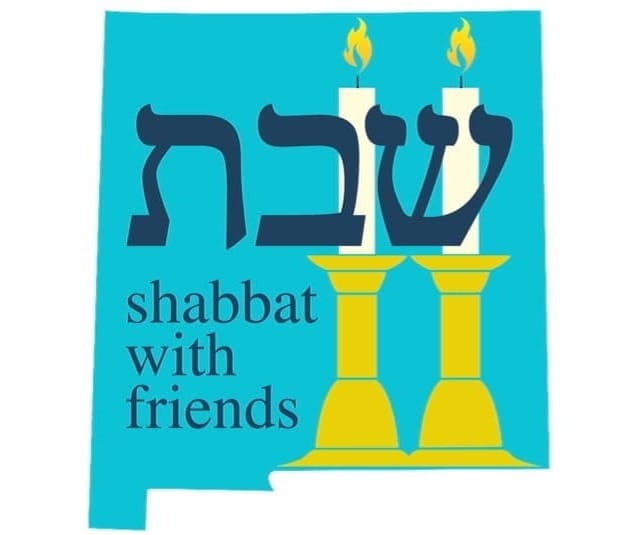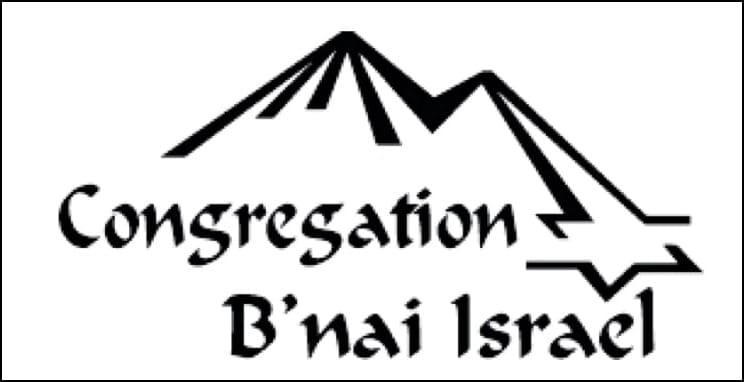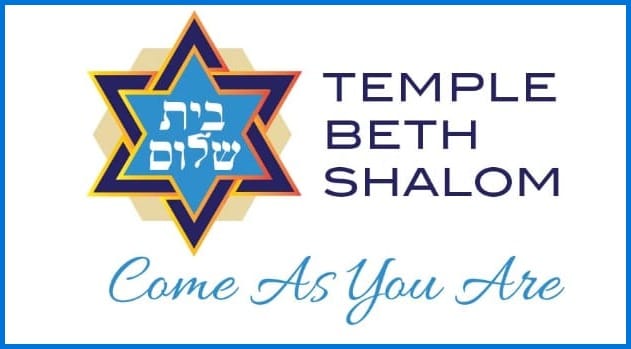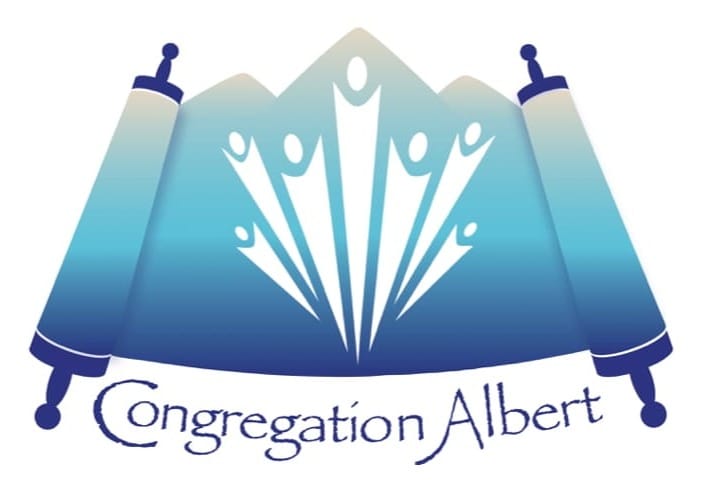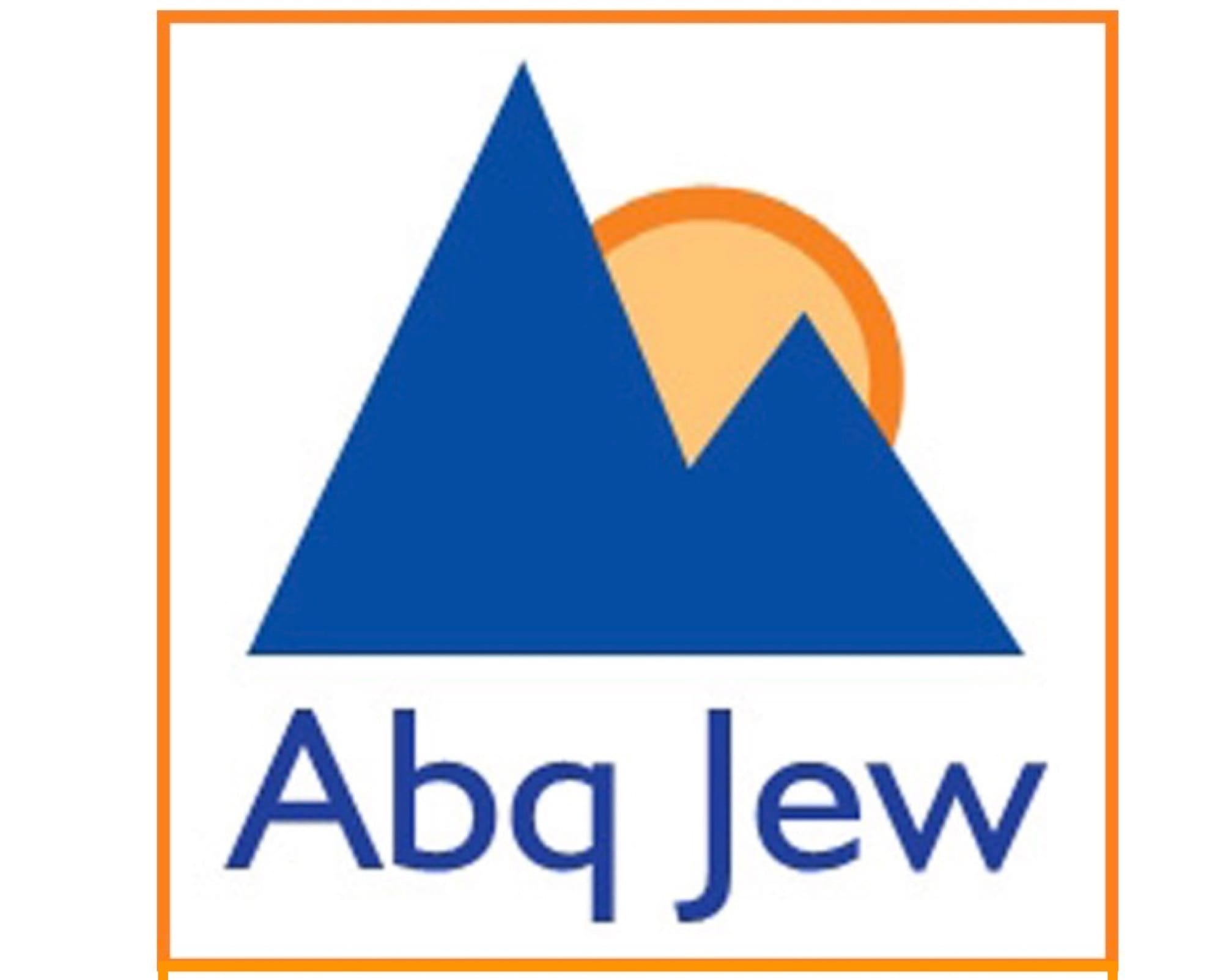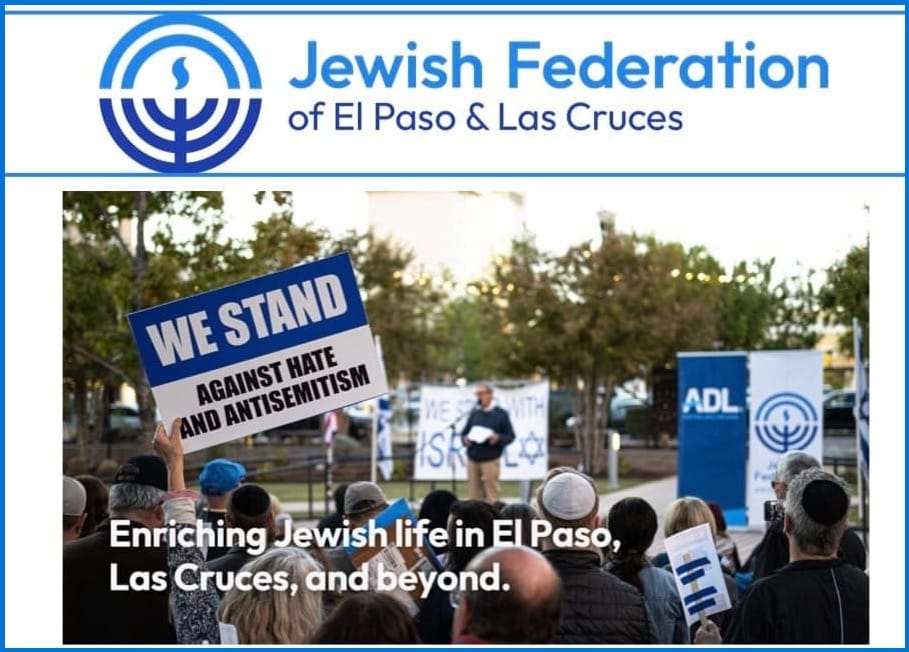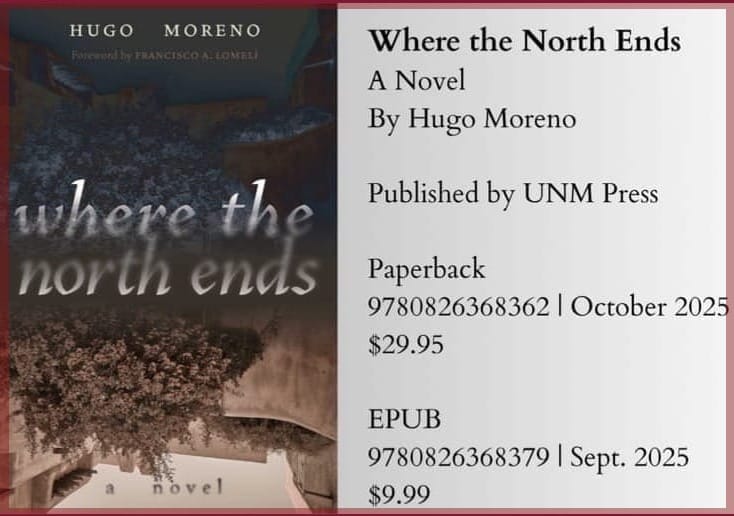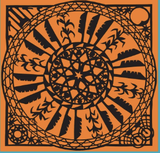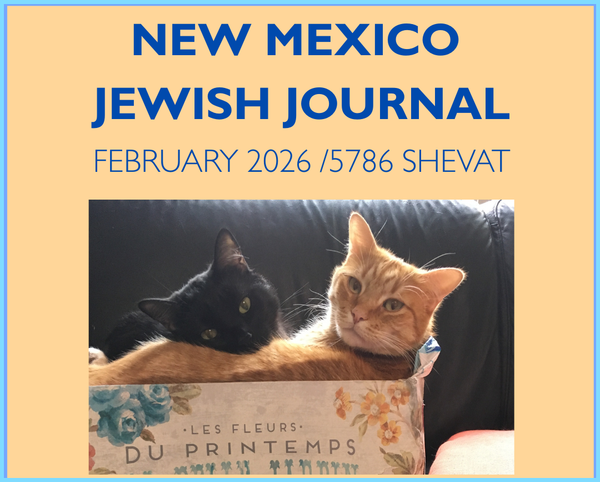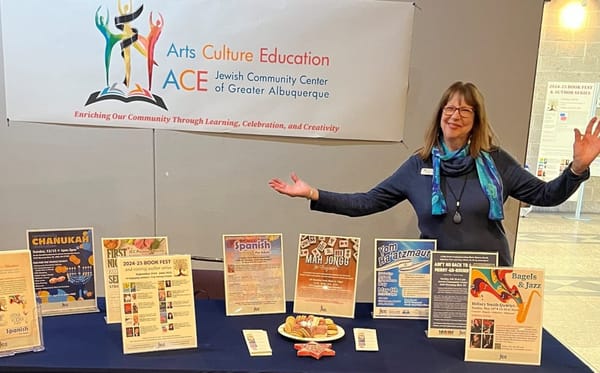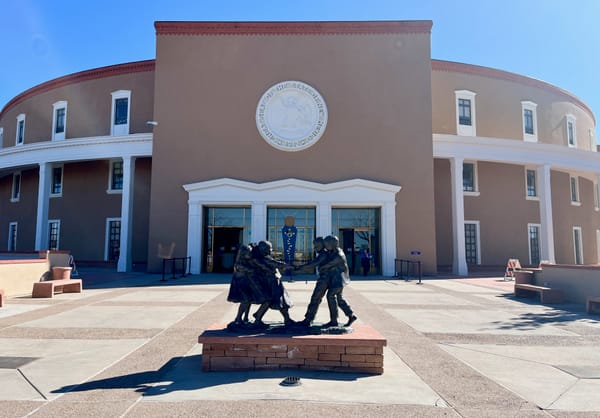Gemilut Chasadim ~ To Bestow Lovingkindness
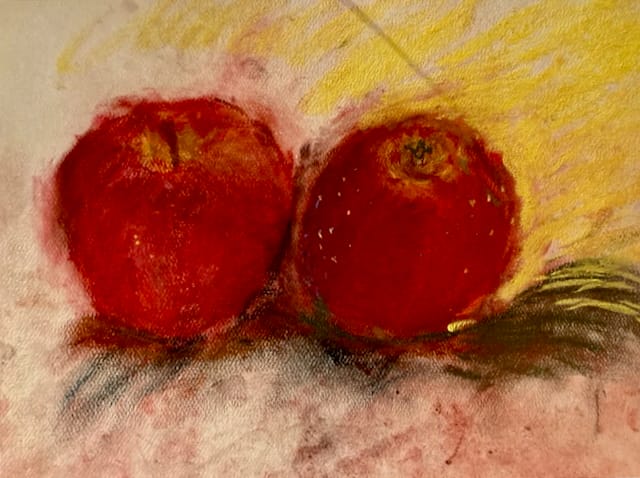
by Rabbi Min Kantrowitz - Jewish Values #7
Shanah Tovah! Wishing you a Happy New Year for Rosh Hashanah, 5786. Erev Rosh Hashanah, Eve of the New Year, begins Monday evening September 22, 2025 coinciding with the Fall Equinox, and on Tuesday, September 23rd the 1st day of the New Year 5786 and the month of Tishrei begin.
Another greeting is "L'Shanah Tovah Tikateivu" (לשנה טובה תכתבו), which means "May you be inscribed for a good year." Prayer services for synagogues and instructions for tickets are at their individual websites, a list of synagogues in New Mexico is at AbqJew here. Security is tight and preregistration is required.
We share with you a short drash from Rabbi Min Kantrowitz, who will be leading services this year at HaMakom in Santa Fe. Please read all our Past Issues here, find authors, topics, and individual article titles, with the magnifying glass 🔍 search icon, above right on your screen, and also click authors' names to see their articles. See the Jewish Values series here.
Gemilut Chasadim ~ To Bestow Lovingkindness - Jewish Values #7 by Rabbi Min Kantrowitz
The Jewish value of “gemilut chasadim” literally means “to bestow loving kindnesses”. This core value encompasses the concept of benevolence, which involves giving of one’s person, for example, by a kindly word or a pat on the shoulder or by generally offering words of comfort and consolation. It involves the expression of goodwill to all, rich or poor, healthy or sick, to the successful as well as to those who fall short of success. In contrast to charity, benevolence comes from within, from the compassionate heart. As the old Jewish saying has it: “Charity awaits the cry of distress. Benevolence anticipates the cry of distress.”
Jewish sages say that the practice of loving kindness is one of the pillars of the world itself. In Pirkei Avot, a section of the Mishnah (a collection of early oral interpretations of the scriptures that was compiled about AD 200, and which form a part of the Talmud) we are taught: "The world stands upon three things: upon the Torah, upon the divine service, and upon the practice of loving kindness" (Avot 1:2) The entire Jewish value system and way of life thus depends on Torah (learning, wisdom, knowledge), Divine Service (recognizing and appreciating the sacred in our lives and expressing that appreciation through ritual or spiritual practice) and actions of lovingkindness. We recognize that just thinking about doing acts of generosity or kindness doesn’t count! The practice of gemilut chasadim requires a special kind of awareness, focusing on the situation of a person other than ourselves. First we must be aware of that person and their current circumstances, but then be sufficiently interested in that person to learn something about them and then decide that we want to intervene in some way to try to help. But until we take that final step, of actually acting, we are not contributing to building the world of compassion that Jewish tradition asks of us.
Among acts of benevolence especially singled out in the Jewish tradition are: visiting the sick, arranging for burial, attending funerals, and comforting mourners, since there its no expectation of reward. However, gemilut chasadim finds expression in all efforts of goodwill and personal acts of kindness. Thanking the overworked clerk at the supermarket, sending a birthday card (through the mail, with a stamp!), appreciating a child’s drawing, and remembering a yartzeit can magnify the impact of small acts and inspire others to do the same. . Anyone who goes through a day with sensitivity and a desire to care about others will find multiple opportunities to practice gemilut chasadim!
Rabbi Min Kantrowitz is a Rabbi, educator and author. A 2004 graduate of the transdenominational Academy for Jewish Religion, California, she is the author of “Counting the Omer: A Kabbalistic Meditation Guide” (Gaon Press) and co-author of “One God: Three Paths” a prayerbook written by a Christian and a Moslem and a Jew. Rabbi Kantrowitz is a Rabbis Without Borders Fellow who served as Rabbinic Advisor to Congregation Nahalat Shalom and served on the Board of Directors of Hopeworks, and the Steering Committee of Hillel at UNM and as a founding member of the New Mexico Jewish Journal. Rabbi Kantrowitz is a former psychologist, a former architect/planner, a wife, mother and the proud Bubbie of three grandsons.
Diane Joy Schmidt, Publisher and editor of the NM Jewish Journal and internationally award-winning storyteller and imagist, she is anchored by her memories of the fireflies at Union Institute camp and the Big Dipper over Lake Michigan, and is an admirer of all things spiritually resonant. Former regular contributor and columnist for the Chicago Tribune, she was senior correspondent for the discontinued New Mexico Jewish Link. MFA, New Media and Screenwriting, Antioch University, 2020; MA, Creative Writing, UNM; BFA, Photography/Design RISD; BA, Comparative Literature, Prescott College, Arizona. Books include The Chicago Exhibition (Melrose), published stories, the industry-awarded screenplay Turquoise Mountain, photojournalism and drawings, and a graphic novel in progress, On This Night. View more at www.dianejoyschmidt.com.
Community Supporters of the NM Jewish Journal include:
Jewish Community Foundation of New Mexico
Congregation Albert
Jewish Community Center of Greater Albuquerque
The Institute for Tolerance Studies
Jewish Federation of El Paso and Las Cruces
Temple Beth Shalom
Congregation B'nai Israel
Shabbat with Friends: Recapturing Together the Joy of Shabbat
New Mexico Jewish Historical Society
Where the North Ends, A Novel by Hugo Moreno
Policy Statement Acceptance of advertisements does not constitute an endorsement of the advertisers’ products, services or opinions. Likewise, while an advertiser or community supporter's ad may indicate their support for the publication's mission, that does not constitute their endorsement of the publication's content.
Copyright © 2025 New Mexico Jewish Journal LLC. All rights reserved.
